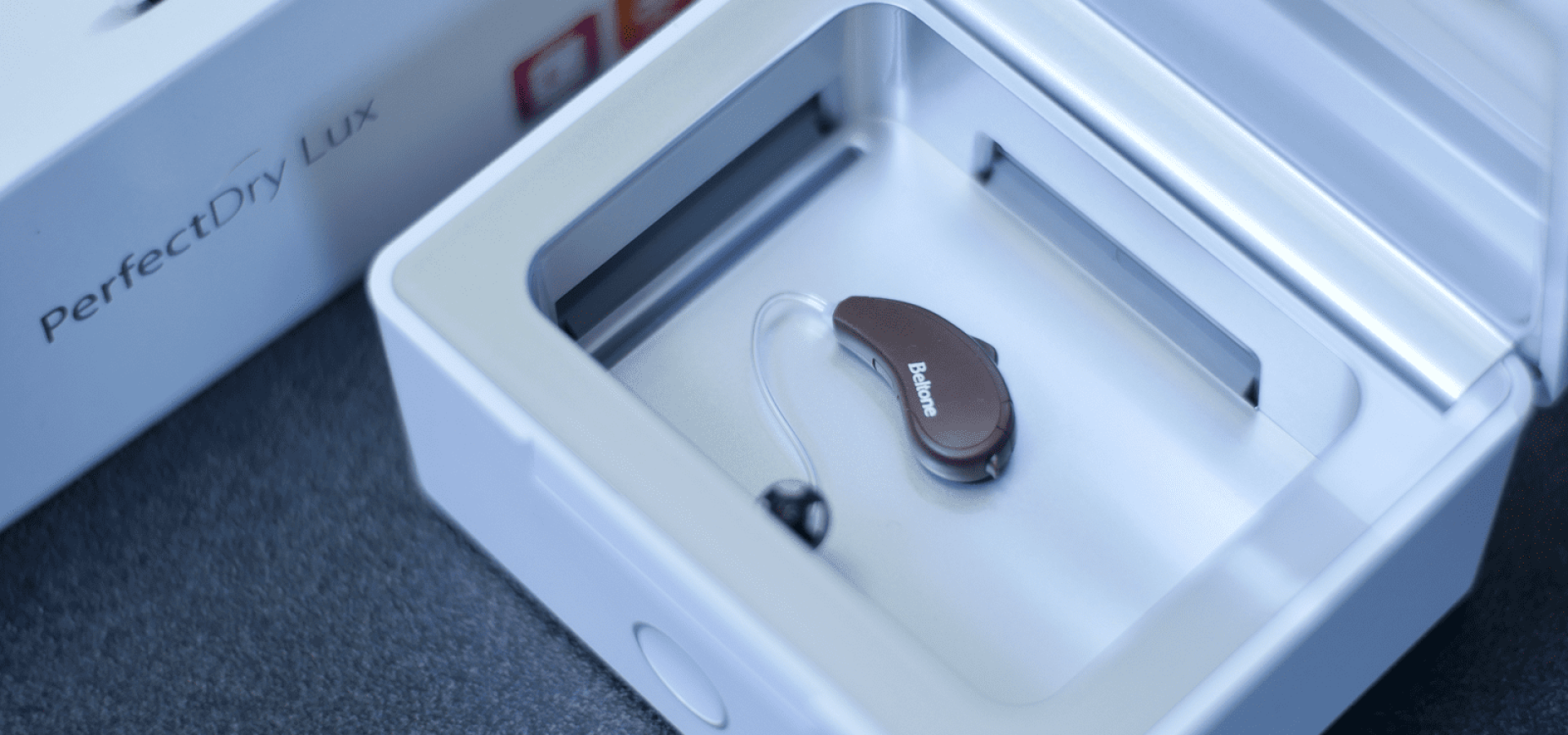Menu

It’s a question most patients ask, and the reason many remain hesitant is because of that very same question. This is far from the truth, however, as hearing aids have been specifically designed to help improve hearing loss. However, why do people still think that hearing aids cause hearing loss?
Fact: Hearing aids that cause hearing loss is a trick of perception
People often report that after using their hearing aids for a few weeks, many begin expressing that they cannot hear as well without the device. People often come forward, afraid that the hearing aids may have caused further damage to their hearing. The truth is, however, is that this dilemma happens mostly because of how the brain functions.
Reports show that, on average, a person suffering from a declined sense of hearing has waited seven to ten years before they actually seek professional help. During this period, it’s highly likely that their hearing abilities will have receded. Because of this, the brain adapts, and their current hearing ability becomes the norm.
A person who has just begun wearing hearing aids will find the volume and sound quality quite overwhelming for the first few weeks, mostly because the brain is in its adjusting period. As soon as it adjusts, however, your brain will make your hearing loss more pronounced when you take off your hearing device! This is where the misconception comes from. People assume that their hearing has been compromised, when, in reality, the brain is tricking them into thinking otherwise.
So, the next time you attempt to go to a hearing clinic in Abbotsford, or any area near you, go through with the usage. Those hearing aids have been designed to make your life easier and brighter!
Fact: As long as your hearing aid fits well, you’re all set
People also report that hearing aids cause damage to their eardrums. While it is true for some, hearing devices that have been programmed correctly and fit you well will not be causing such damages.
Keep in mind that hearing aids work by amplifying, and processing sounds to help you hear more clearly. While it may be true that eardrums exposed to overpowering sounds may be harmful, the case does not hold true for hearing aids. If you have hearing loss, the volume of a correct-fitting hearing aid will not be programmed to be loud enough to cause damage.
This is why it’s important to visit a hearing professional, as they will ensure that you get the right device for your condition. The fit, level of hearing loss, amplification, and sound processing will all be taken into consideration, ensuring that you are able to hear as naturally as possible.
What to know about hearing aids
Upon receiving your hearing aid, you will be subject to a rehabilitation period. If, by chance, your hearing aid still seems too loud, it is advisable that you visit your healthcare provider once more to make the necessary adjustments. This part is crucial – if they’re set louder than they need to be, the amplified sound levels can cause noise damage.
With this, remember not to resort to hearing aids bought online. Personal sound amplifiers are also not meant to help with hearing loss. Although the prices are cheaper, they have been designed to help people with good hearing abilities to hear quiet noises better. These devices pose a danger to your hearing, as they can be too loud for what you actually need.
Conclusion
While the fear can linger on, remember that hearing aids are safe. They have been designed to help improve your way of living. In fact, they’re life-changing. The very first step to such an experience is to find the best hearing healthcare provider for you. If you are in Abbotsford or Langley City, we can provide you with top-notch hearing aids and offer quality patient care and service. Get in touch with us today!
Share Post
Facebook
Twitter
LinkedIn
Email
Reddit
Pinterest
